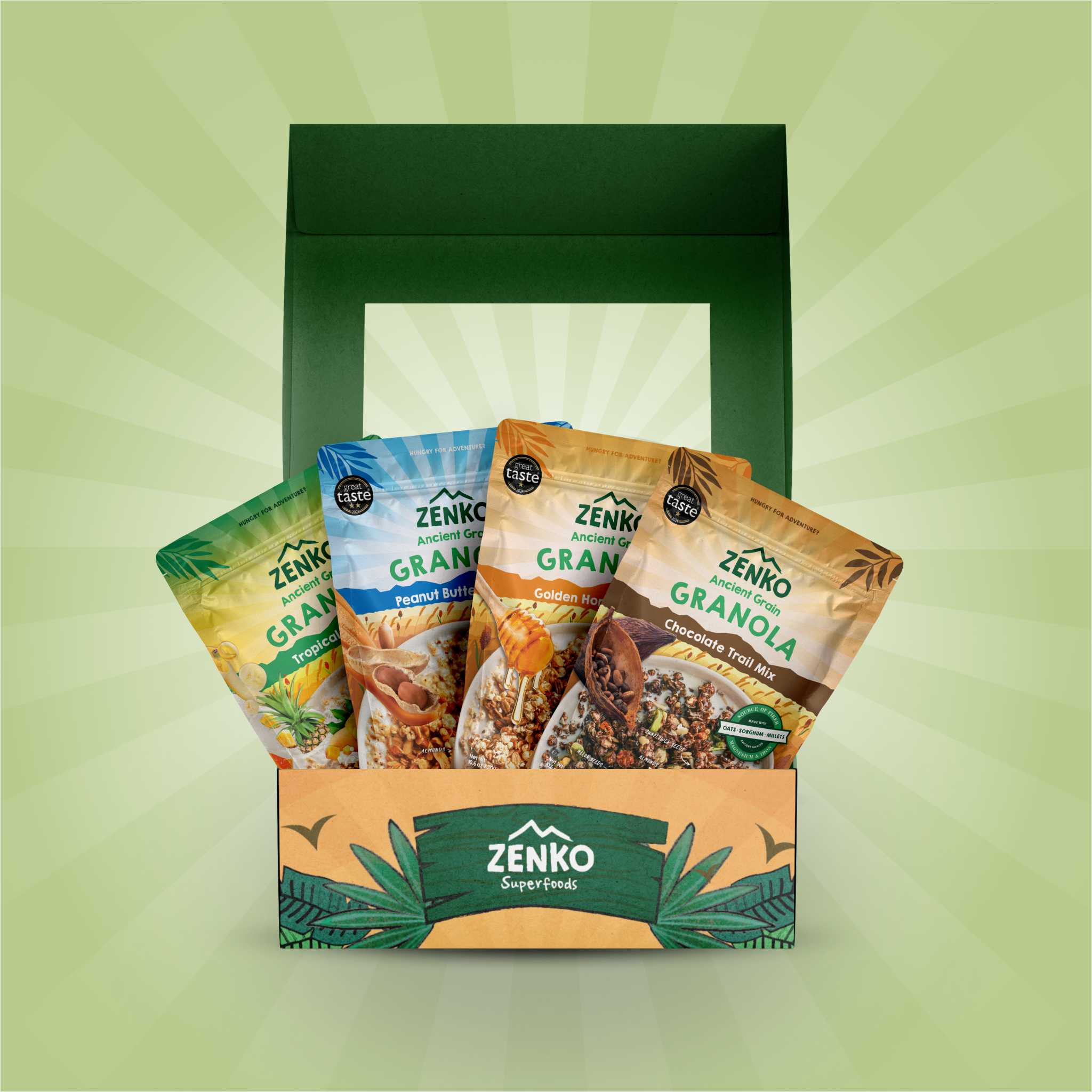From Wild Horses to Medicine Men

For all travelling explorers and adventure-lovers, there is a special place in Indonesia which will mesmerise you. No, we’re not talking about the rice terraces in Bali, the majestic Mt Bromo, or the diving paradise of Lombok. This hidden gem will have you daydreaming about your next holiday destination.

Source: TripCanvas Indonesia
Introducing Sumba Island, 557 kilometres east of Bali, where you will find teams of wild horses galloping free in the grasslands. An island relatively new to foreign guests, resorts, and the luxuries of the modern world, Sumba charms you with its rich ancient spiritual beliefs and distinct landscapes.
Here are 5 interesting things about Sumba you probably don’t know yet:
1. Horses are their spirit guides and friends
Sumba is twice the size of Bali, yet only one-sixth of the latter’s population. With the largely traditional way of life and vast grasslands, it is no surprise that Sumbanese people live in harmony and connection with nature more so than city folk living in neighbouring islands. Horses have played a large part in their culture. Take a look at these majestic horses:
In Sumba, horses symbolise strength. Horses are like friends, helping the men in the village with transportation and hunting trips in the forest. It is considered one of the holy animals in Sumbanese culture.

Every year, locals gather for a legendary game of Pasola, where men will ride in on horses and throw hand-carved spears and swords at their opponents. This is how they celebrate the rice-planting season. It is truly a sight not to be missed.
2. Sumba is famous for its beautiful handwoven ikat textiles
Textiles in ancient Indonesian culture have its roots deeper than the intricate, artistically woven exterior that we see. For decades, it has been the medium in which present generations pass on its messages to future generations. The pieces are deeply personal and designed with systematic patterns and bursts of individuality.

Source: Threads of Life
The Sumbanese believed that people are able to acquire special powers and qualities of certain creatures when they wear textiles displaying such motifs. The handmade textiles, woven only by the females in the family, are even used as currency in traditional ceremonial exchange.
To make a single piece of ikat, weavers spend weeks and months preparing the fabric, making handspun thread, setting the loom, and harvesting and creating natural dyes. Some are even adorned with embroidery, shells, and beads. This labour-intensive and slow process pays off as the fabric is then used as currency, presented as dowry gifts, worn by the family, or carefully maintained to be passed down to the next generations.
3. The higher the roof, the closer to one’s ancestors

In Sumba, a large proportion of locals respect traditional animistic beliefs of Marapu. Marapu is focused on creating harmonious relationships between humans and ancestral spirits. Life on earth is temporary, but the Ina/Ama (female/male) live eternally in Prai Marapu (Marapu heaven).
According to this ancient belief, it is said that the higher the roof of one's home, the closer one is to the spirits, ancestors, and gods. That is why you’ll see many unusual looking houses made up of bamboo, straw and coconut leaves, built with a high roof. Visitors will also be welcomed by megalithic tombs that line the path to the village.
While the high roofs were designed to reach the gods, the central part of the house is for humans and the area below is for the family’s livestock, usually pigs.
4. Picturesque dancing trees are perfect at sunset

5. Ginger coffee is consumed daily and a symbol of hospitality

Every morning, local Sumbanese people will consume their freshly made ginger coffee to start their day. The aroma of the coffee and the explosive flavour of the ginger is sure to wake the sleepiest man in town.
Sumba ginger coffee is also a classic welcome drink for guests. For communal gatherings and rituals, ginger coffee is a must-have. Locals first welcome guests with Betelnut (symbolising the heart) to keep one safe, happy, and comfortable in their house. Shortly after, coffee is offered as a welcome drink and to encourage bonding amongst the clan. Even if the local family is very poor, they will do their best to ask or borrow ginger coffee from their neighbours. Coffee is a ritual and a deeply welcoming drink.
To make traditional Sumbanese ginger coffee, the coffee is first roasted. Subsequently, diced ginger is added to the roasting process. Traditionally, the roasted ingredients will be put through a wood grinder and then sieved to get the fine ginger coffee powder.
Our Sumbanese friend, Dempta, reminisce her family's ginger coffee: “When my mum roasts the coffee, she chooses high quality coffee, and the smell is really heavenly,”
Given the fascinating culture of the Sumbanese people, and the brilliant natural landscapes, Sumba is truly a dream destination for the bravehearted and the adventurous.
Get Sumba Sunrise for you and your family here
Stay at Maringi Eco Resort while in Sumba!








